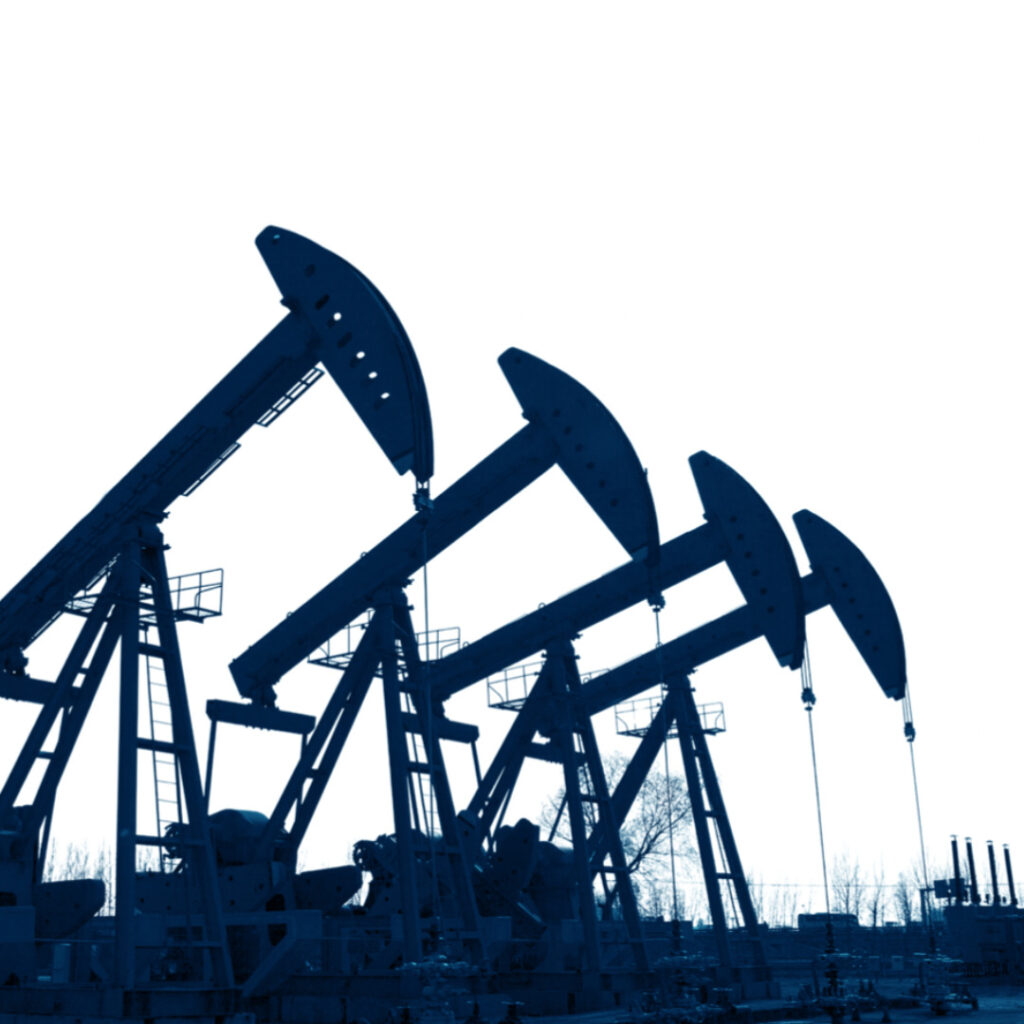By Molly Miller and Jacob Rose
“Death to the dictator.”
These were the words chanted by petrochemical workers in Assaluyeh, a city in the oil-rich province of Bushehr in Iran, on Monday, Oct. 10. This scene took place during a wave of oil strikes and protests across the country, four weeks after the death of 22-year-old Mahsa Amini who was detained under the pretense of violating Iran’s dress code.
As of Oct. 6, 185 people — including 19 children — have been killed during protests, according to an Iranian nonprofit. This number will likely rise substantially as a result of the oil strikes that have begun.
Iran’s oil sector, which has long fueled the Iranian economy, now risks widespread shutdown because of the worker strikes. Some sources even claim that workers have threatened to “destroy everything we [the workers]have built.”
These strikes will draw international attention to the issue of gendered persecution in Iran, as the world will watch to see how Iran and its substantial oil sector will suffer without its workers.
However, the Iranian government may swiftly retaliate to prevent international skepticism about its oil supply as the protests continue. Iran hopes to capitalize on the global oil shortage. As Western countries ramp up sanctions on Russia for their invasion of Ukraine, Iran’s regime wants to fill this void and convince the West to lower their sanctions on Iranian supplies to help furnish the shipment of oil into Europe. Oil strikes counter this initiative, giving the Iranian government another reason to quell these strikes quickly.
Oil strikes are nothing new in Iran. For years, oil strikes have popped up as workers demand better hours and higher wages. In fact, oil strikes and other merchant protests helped bring the clergy to power during the Iranian Revolution, revealing just how much power oil strikes in Iran can hold.
Although past protests, particularly oil strikes, have attracted international attention, this foreign observation has failed to prevent bloody government retaliation. As recently as 2019, Iranians took to the streets to protest the regime and rising oil prices; Iranian security forces killed hundreds in an effort to quell the protests. A similar harsh crackdown occurred during the 2009 Green Movement.
It is clear that the oil strikes will elicit a response from the Iranian government. What does this mean for the larger protest movement in Iran? And how do labor protests more broadly play a role in national political movements, whether in Iran or abroad?
The oil industry is of critical importance to the Iranian economy, more so than ever right now. Iran has a highly oil-based economy, with oil comprising 17.75% of Iraninan GDP. With rising oil prices stemming in part from Russia’s invasion of Ukraine, Iran sought to use oil as a means to bring itself out of its COVID-19-induced economic malaise.
Striking oil workers seem to be putting a damper on this plan.
The unique impact that Iran’s oil workers can have on the Iranian economy puts them in a powerful position to demand change. Large scale, politically motivated strikes tend to fail, unless they can put pressure on the economy as a whole.
This is one reason why strikes in diversified economies like the United States tend to be focused solely on economic gains for the striking group. However, in a country like Iran which relies heavily on one industry, even small-scale strikes can seek lofty goals.
Iran in particular has a history of oil strikes being used to incite massive political change. During the 1979 Iranian Revolution, strikes by oil workers were pivotal in leading to the Shah’s downfall. By leveraging economic and social discontent, organizers were able to grow the broader social movement and increase the impact it had on the Shah. Today’s oil workers are in a similar, if not more powerful, position to pressure the Iranian government on oil production, simultaneously hurting its coffers and obtaining assistance from abroad.
The strikes in Iran’s oil sector have also started to spread to other industries. Workers in Iran’s sugar industry, while a much smaller sector of the economy, have joined its oil workers in stopping production. Merchants have shuttered main centers of commerce in Tehran and Shiraz to show support for the protest movement and force a broader societal reckoning with their demands.
Labor in Iran has a unique capability to put pressure on all levels of society to demand change. Oil workers in particular are in a key position to put pressure on their government. Labor organizers have realized this and, combined with the unique history of labor movements in Iran, have used their power to demand change.
Furthermore, Iran has had a long history of labor organizing. Iran’s oil workers have developed their strikes into a significant tool for wielding political and economic power.
This power has only been growing. Earlier this year, Iranian oil workers dramatically reorganized their labor organizations, increasing their strength as a political unit. Iranian oil workers have also demanded greater power in the production process. These more militant worker organizations are being given a chance to wield their newfound power, and so far it appears to be mighty.
Awareness of Iranian oil workers’ political leverage has always been high. However, it is now higher than ever. With this newfound galvanization, oil workers see an opportunity to repeat the victory of their predecessors in overthrowing the Shah’s rule.
It has been this awareness which has often led to victories in the past, creating a positive feedback loop as Iran’s oil workers are able to build more power, use it to incite change and then build even more power. Iran’s oil workers are perhaps in an even more powerful position than they were in 1979, as the Iranian oil industry is even more insulated from outside demands.
While the current protests in Iran may seem like a slow burn, not doing much to actually change the behavior of its government, this parallels the history of the Iranian Revolution. The revolution did not happen overnight. Rather, it took several months of concerted effort from political and labor activists.
Iran’s oil strikes may not represent an immediate victory for those wishing to vindicate the death of Mahsa Amini, but they are nonetheless important fuel for a victory well-fought.







